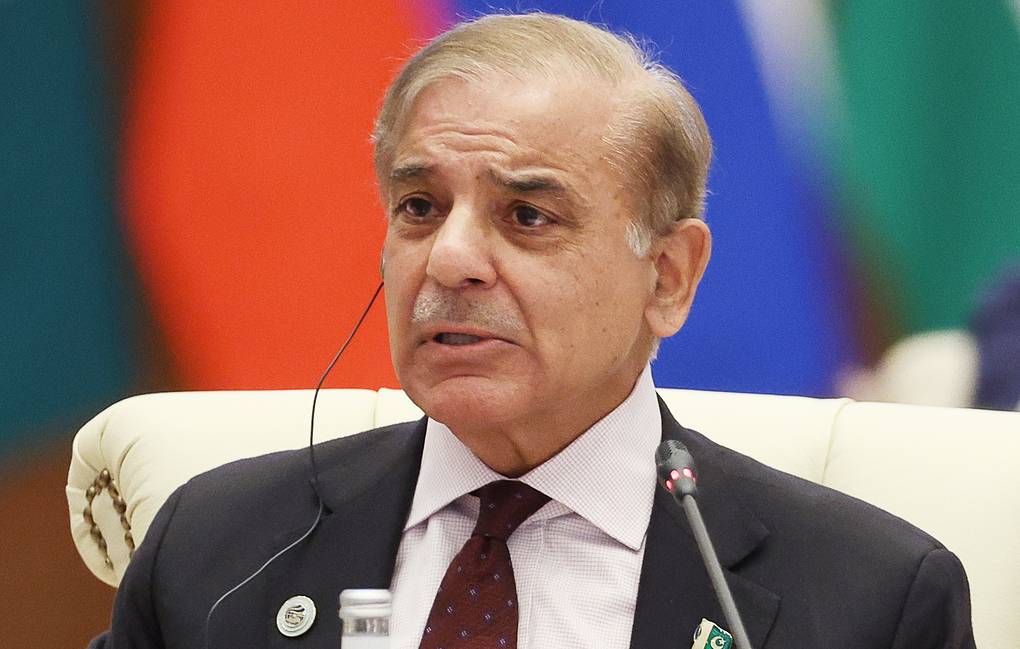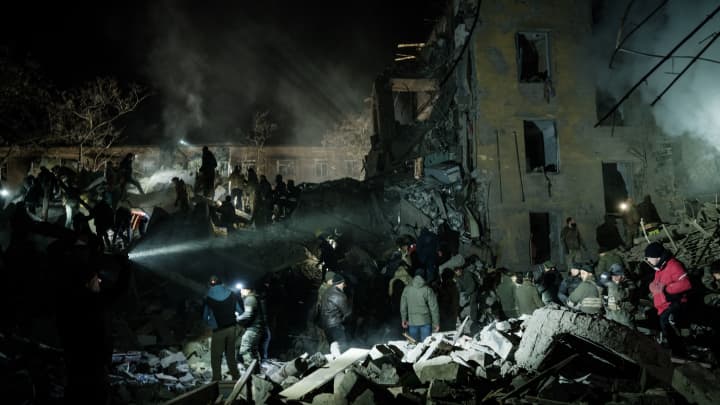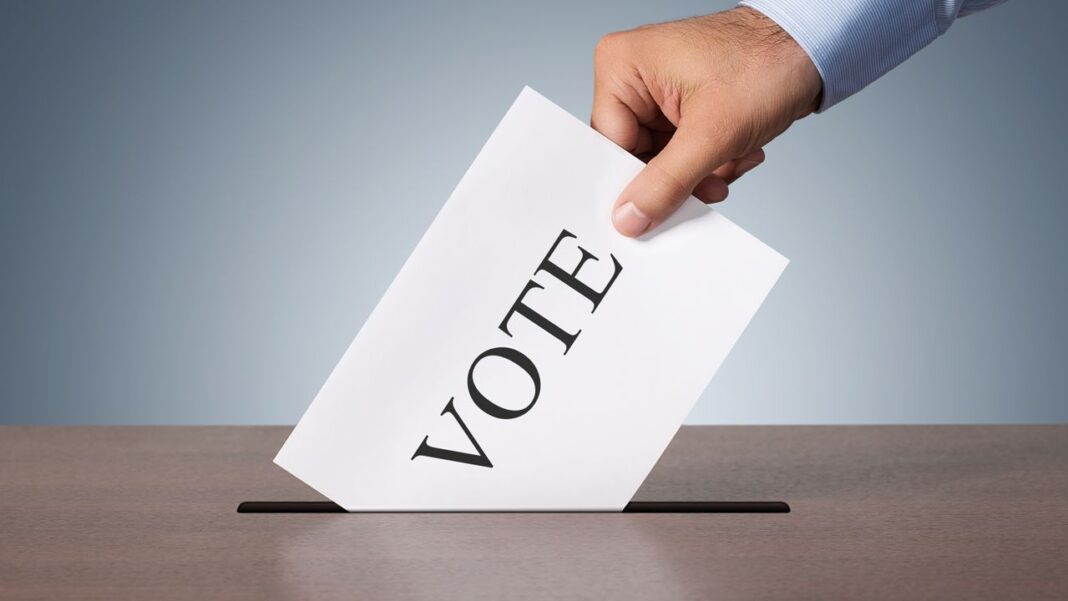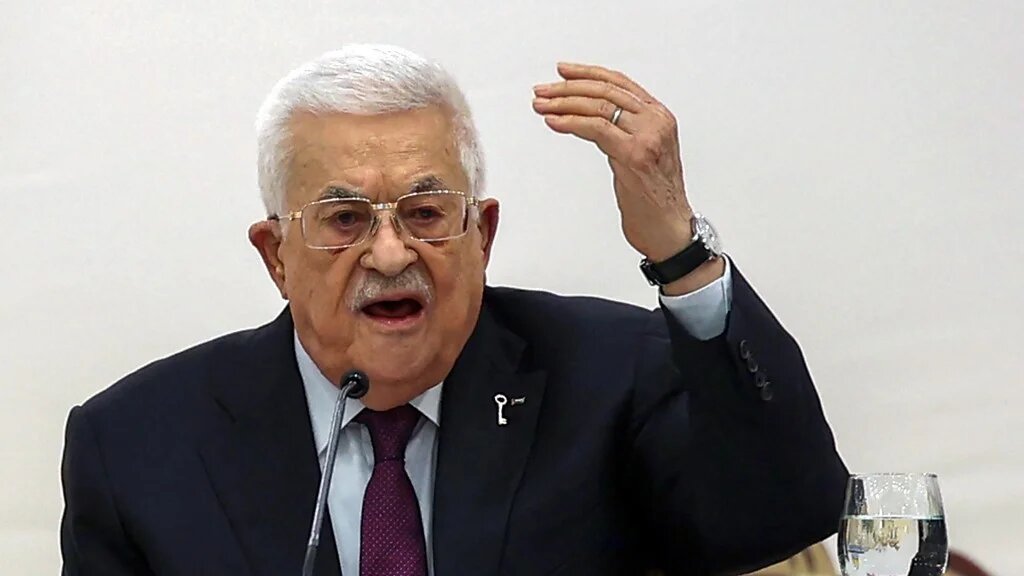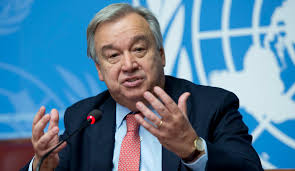Mental Healthcare Bill passed in Lok Sabha
Tue 28 Mar 2017, 08:49:58
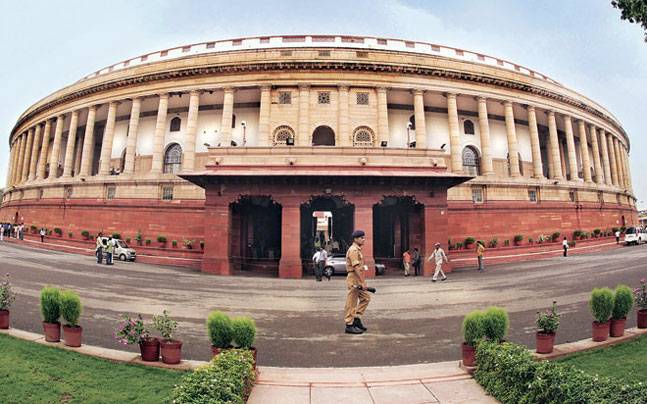
The Parliament on Monday passed the ‘Mental Healthcare Bill’ in the Lok Sabha that decriminalises suicide attempt by mentally ill people and provides services for people with mental illness. One of the provisions of the bill is to protect and restore property right of mentally ill persons, said Union Health Minister JP Nadda in the lower house.
The bill said, “Notwithstanding anything contained in section 309 of the Indian Penal Code, any person who attempts to commit suicide shall be presumed, unless proved otherwise, to have severe stress and shall not be tried and punished under the said Code.” The bill was previously passed in the Rajya Sabha in August last year with 134 official amendments. One of the prime features of the bill is that it seeks to provide proper health-care, treatment and rehabilitation of mentally ill persons “in a manner that does not intrude on their rights and dignity.
Here are the provisions under the Mental Healthcare Bill:
1. Rights of persons with mental illness: This provision states that every person will have the right to access mental healthcare from services which are operated or funded by the government. It also includes good quality, easy and affordable access to services. It also provides for the right to equality of treatment, seeks to protect such persons from inhuman treatment, access to free legal services, their medical records, and the right to complain in the event of regarding
deficiencies in provisions.
deficiencies in provisions.
2. Advance Directive: This provision empowers a mentally-ill person to have the right to make an advance directive that explains how she/he wants to be treated for the requisite illness and who her/his nominated representative shall be. This directive has to be vetted by a medical practitioner.
3. Mental Health Establishments: This provision states that every mental health establishment has to be registered with the respective Central or State Mental Health Authority. For registration, the concerned establishment needs to fulfill different criteria as mentioned in the Bill.
4. The bill also outlines the procedure and process for admission, treatment and subsequent discharge of mentally ill persons.
5. Mental Health Review Commission and Board: This is a quasi-judicial body responsible for reviewing procedure for making advance directives. It will also advise the government on the protection of mentally ill persons’ rights. It further states that the body in agreement with the state governments constitute Mental Health Review Boards in states’ districts.
6. Decriminalising suicide and prohibiting electro-convulsive therapy: The most notable of all is this provision effectively decriminalises suicide attempt under the Indian Penal Code by mentally ill persons by making it non-punishable. Electro-convulsive therapy, which is allowed only with the use of anaesthesia, is however out of bounds for minors.
No Comments For This Post, Be first to write a Comment.
Most viewed from National
Most viewed from World
AIMIM News
Latest Urdu News
Most Viewed
May 26, 2020
Do you think Canada-India relations will improve under New PM Mark Carney?
Latest Videos View All
Like Us
Home
About Us
Advertise With Us
All Polls
Epaper Archives
Privacy Policy
Contact Us
Download Etemaad App
© 2025 Etemaad Daily News, All Rights Reserved.

.jpg)
.jpg)
.jpg)
.jpg)
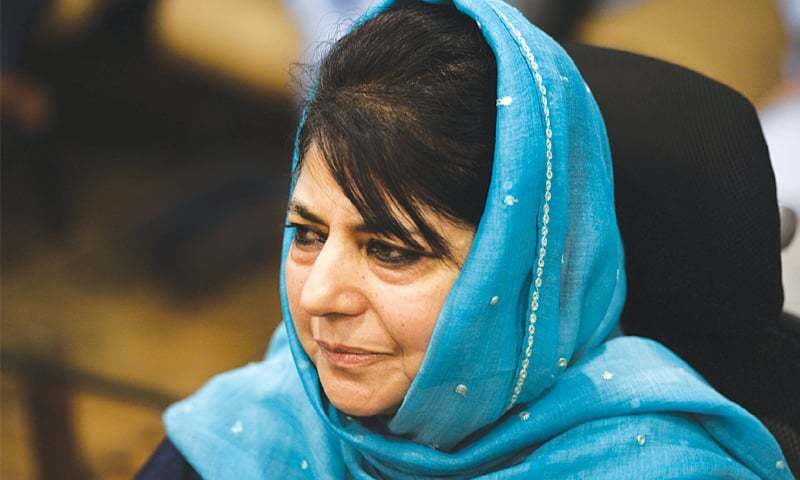


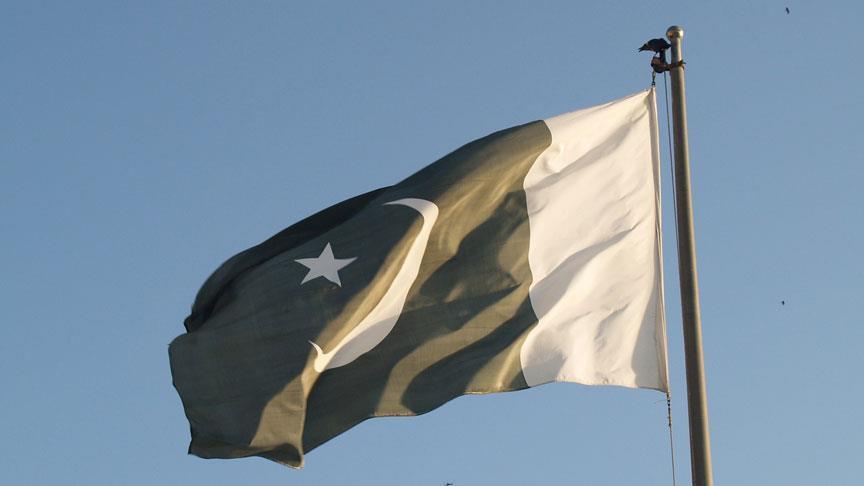
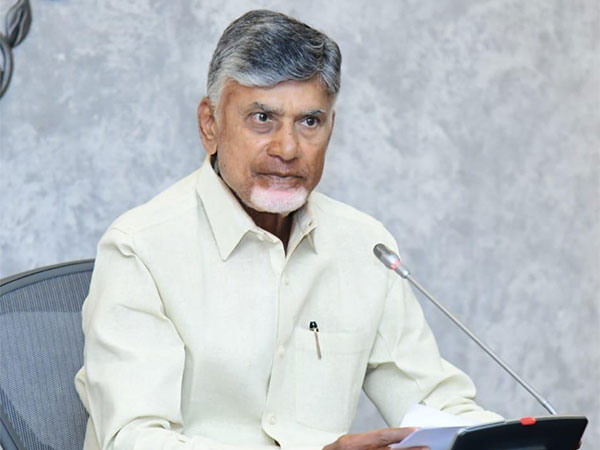

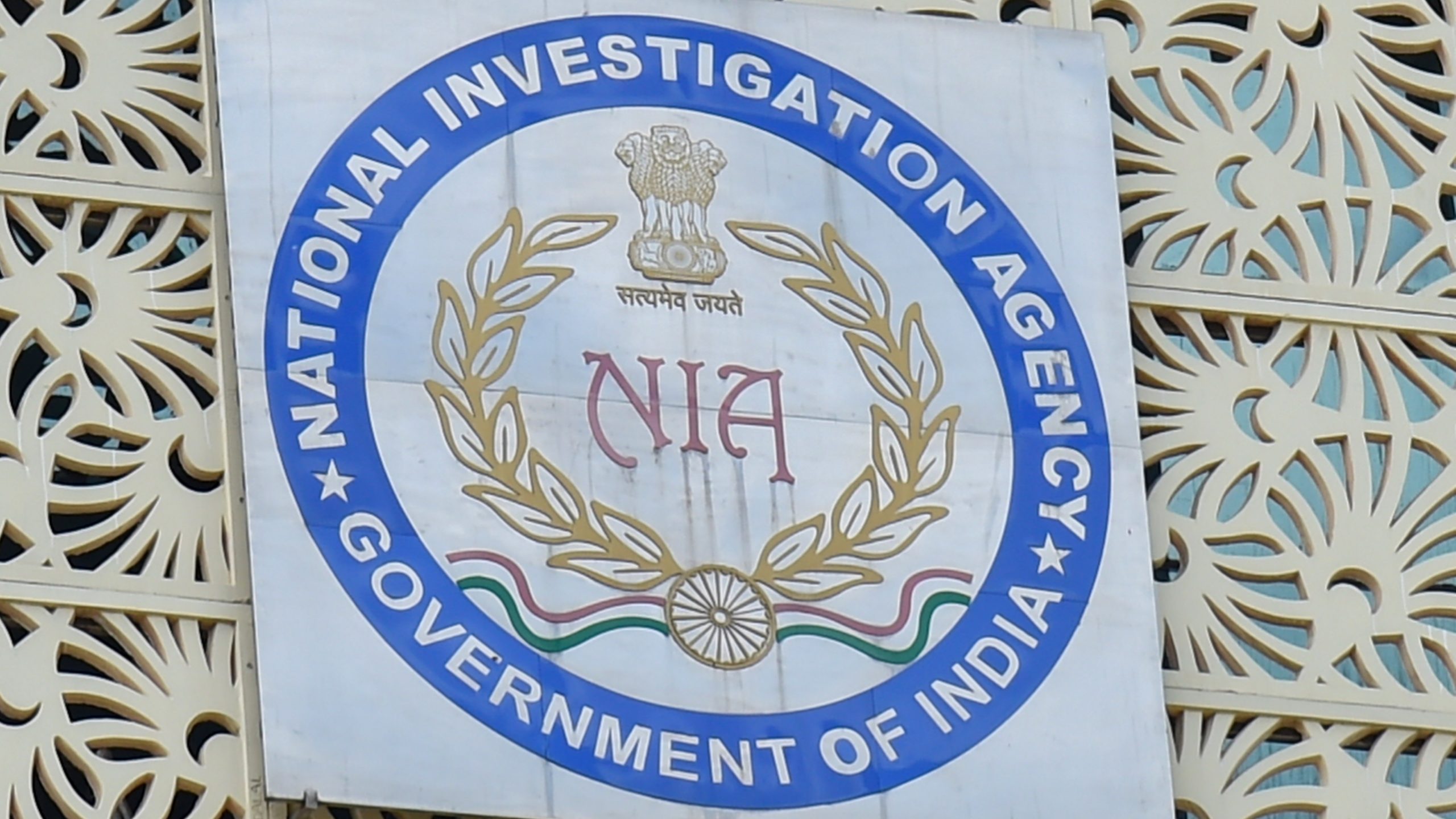
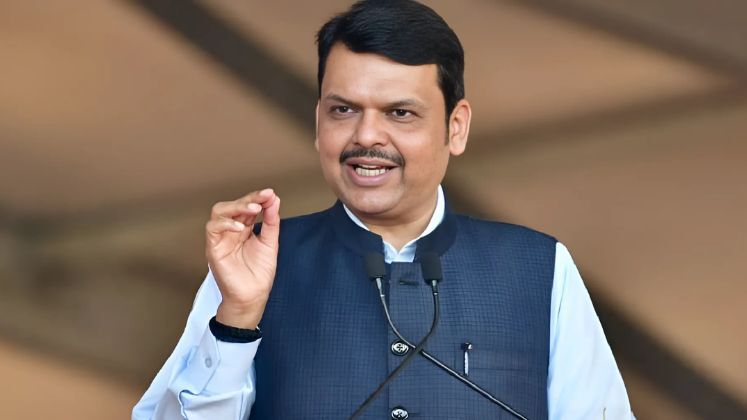
.jpg)
.jpg)
.jpg)
.jpg)
.jpg)
.jpg)
